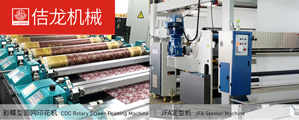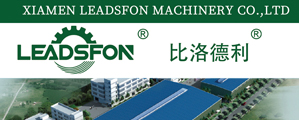Japan's tariff preferences were abolished in April
Apr 03, 2019 | by CT
According to a recent announcement issued by the General Administration of Customs, the Ministry of Finance of Japan has decided not to grant GSP tariff preferences to Chinese goods transported to Japan as of April 1, 2019. China exports about 12 billion US dollars of goods to Japan every year, and its average tariff has risen by about 3%.
According to the analysis, first of all, this will have the greatest impact on labor-intensive Chinese goods such as textiles. According to statistics, the share of textiles exported by China in Japan's import market has reached more than 60%. It is noteworthy that while canceling the GSP treatment to China, Japan has retained the GSP treatment to Vietnam, Cambodia, Indonesia, Bangladesh and other Southeast Asian countries. After the implementation of the new policy of Japanese GSP, the import tariff rate of Chinese textiles and raw materials in Japan will be 1.06% higher than that of the above-mentioned countries, and the Chinese related commodities will face a more severe competition situation in the Japanese market.
In this regard, some insiders said that textile export enterprises can adopt multiple strategies to deal with the negative impact. In the short term, in order to enjoy the preferential tariff of GSP certificate of origin, enterprises with export goods to Japan must notify the exporter to complete the GSP certificate of origin and ship the goods before April 1, 2019 (excluding the same day).
The long-term choice is to speed up the output of production capacity, build factories in developing and underdeveloped countries that still enjoy GSP treatment, and export them to preferential giving countries after deep processing. Second, actively explore emerging markets. Third, in response to the guidance of the state and industry, we should speed up industrial upgrading, scientific and technological development and self-owned brand building, strive to cultivate competitiveness with brand, quality and service as the core, transform low-cost advantages into comprehensive advantages of complete industrial chain, talent gathering and huge market, and gradually get rid of dependence on price advantages.
In addition, China is actively promoting negotiations on the FTA between China, Japan and South Korea. It is hoped that in the near future, products exported to Japan will also enjoy preferential tariff treatment under the FTA agreement.








